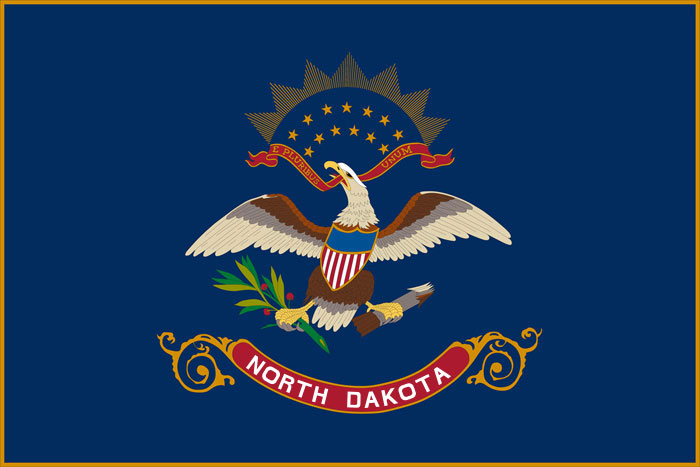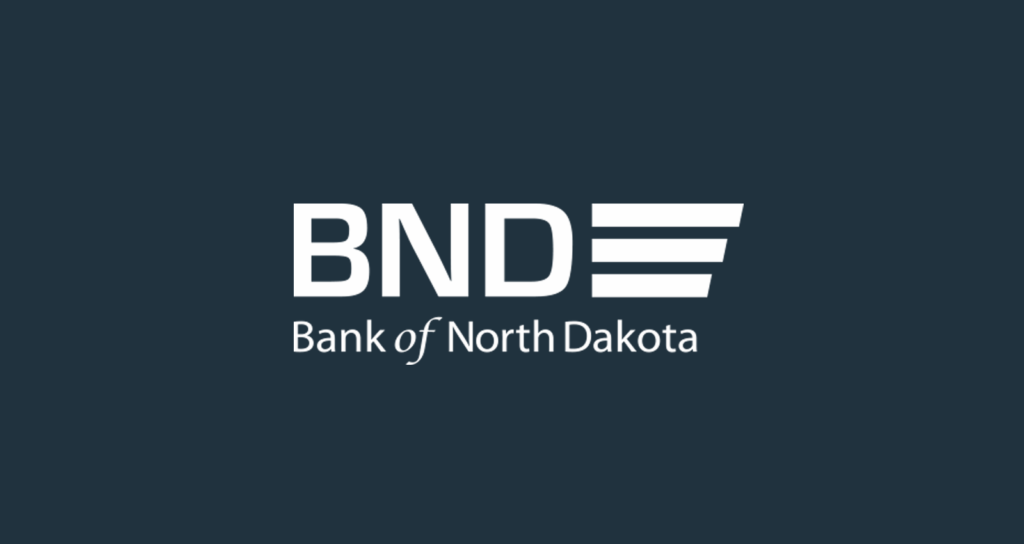Access to natural gas can reduce heating costs and bring vibrancy and growth to a community, but it takes an investment to get access. That’s why Rugby Job Development Authority (JDA) is conducting a feasibility study to gauge the community’s “interest and willingness to connect to natural gas” before further investment. The results of the feasibility study will help determine which path the community takes moving forward.
Rugby JDA’s Job and Economic Development Director J.T. Pelt recently participated in a Q&A about the study.
Tell me about the problem you needed to address and how it was affecting your community.
The problem is one of the first three questions for businessman looking for expansion or business startup, not to mention existing companies for retention purposes along with future residents who want to come to town all had a similar refrain ‘do you have access to natural gas?’ When you are a community of 3,000 and a county of 4,200, you do not want one of your first answers to be “NO!” The JDA along with the city and county boards knew this was an issue and we needed to at least start the process. Thus, our natural gas feasibility study (NGFS) was commissioned
How did you come up with this creative option to address your needs?
We knew the interest from outside and existing businesses was there, but before we can explore options, we first had to complete as I mentioned before the NGFS. The options we are continuing to explore is a private and public co-op initiative that would require changes in state law for us to create that sort of entity. We have also looked into bringing liquid natural gas, compressed natural gas and we are also exploring other options that will allow us to meet the existing need. At this time, we feel that trying to pipe-in to the Minot NG [natural gas] line is not fiscally feasible, so are only alternative is to find alternate sources.
How did you obtain community buy-in for the project?
We have a very sophisticated and supportive residential and business community that understands that as with any small town there is natural attrition of its citizens. Thus, if we do not grow the tax base there will naturally be a decline of services that the town can offer or an increase in taxes. Either case will create a town that self-cannibalized leaving it unattractive for new residents and businesses and unaffordable for existing residents and businesses.
What lessons learned do you have to share?
It is important to continue to move forward, prudently of course, but forward none the less. Stagnation via complacency is the quickest way as previously stated to define a town’s future in a negative way. It is also important to be less territorial and have a regional perspective of success because if your immediate region is successful there will always be coattails of success that will positively affect your specific area. So we knew it was important since we were the bell-ringer for the NGFS that once in hand we had to share with surrounding towns, which we did. It is important for Rugby’s success that Harvey, Towner, Bottineau, Rolla and every small town in between is part of the plan going forward
How did you finance the project?
At this point all we have done, which is a great first step, is the NGFS. The JDA and the City of Rugby along with a contribution from the County paid for the study. Hopefully, this will be the first step in bringing NG to the area
How will you measure ROI?
I love this question!!! Towns as do business sometimes limit their success solely to the bottom line on their financial ledger. Having been in business for over 30-years I have learned the hard way that R.O.I. is much more complicated than looking at a P&L. It’s about excitement and opportunity you bring to the area because you are creating choices. It is about resident and business retention that would not reflect on a bottom line. It is about perception that you are doing things not normally associated with smaller towns, thus you are part of the conversation when businesses are looking to expand or relocate. Being part of the conversation is the first step towards success. As it is well known, you can’t be asked to dance if you are sitting at home waiting for the phone to ring. R.O.I. is about the quality of life you can bring by creating choices. R.O.I. is not all about what you can see by doing something, but about the ramifications of what you lose by doing nothing.
 An official website of the State of North Dakota
An official website of the State of North Dakota
